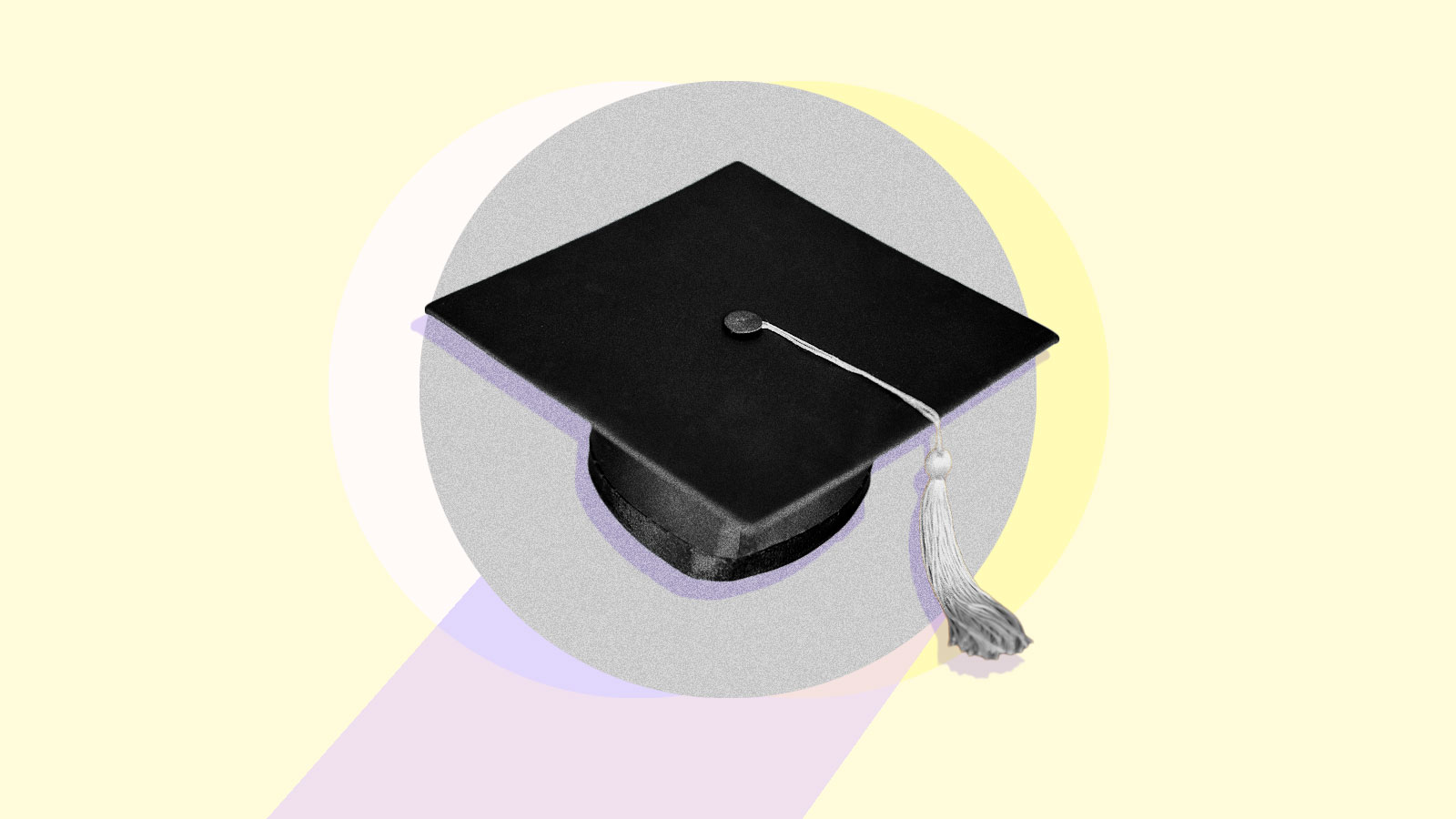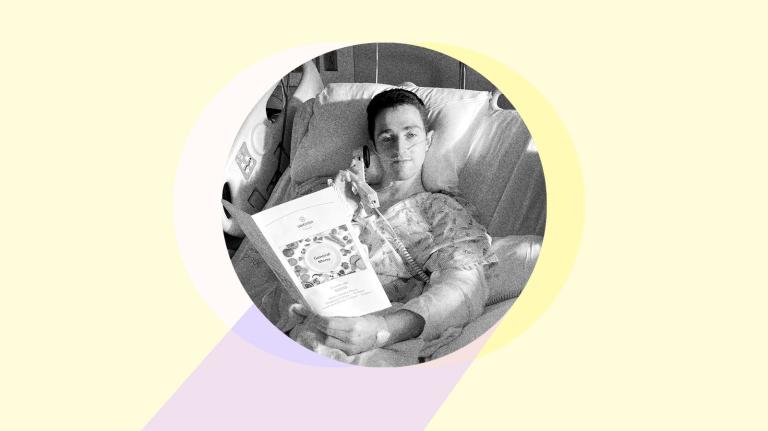The day I turned 13, I started working as a farmworker along with my three siblings. My brothers and sister had left our home in South Texas every summer to work in Iowa’s cornfields for as long as I could remember. It was my first job, but it felt more like a rite of passage. My first summer away from home, away from my mom, and my first time contributing to our income. No pressure.
I’ve been thinking about my time in Iowa a lot while I shelter-in-place here in Texas. The days have seemingly all become one, and I mindlessly follow my daily routines as I did back then. The cornfields were daunting, much taller than I would ever grow to be. The days were as long as the rows of cornfields in which I detasseled cornstalks — removing the uppermost part of the stalk —row by row. I would get home and barely have enough energy to eat, let alone shower before I went to bed to do it all again the next day. The work was exhausting, and some days I saw no end.
That summer was the first of many I spent away from most of my family, in cycles of patience and impatience as I wished for it to end. I skipped celebrating my thirteenth birthday to spend the day detasseling, but I knew working was necessary. A decade later, I’ve found myself feeling exactly like I did in those fields.
I’m grateful for my migrant experience as it later earned me a scholarship to St. Edward’s University in Austin, Texas, through the College Assistance Migrant Program. Now I’m working my first “real” job during a pandemic. Juggling my day-to-day responsibilities and assuring my mom that no, I’m not going out, and yes, I have money to pay rent, while helping her register for unemployment benefits.
This past weekend I would’ve celebrated my college graduation, but I know missing out on that rite of passage is a necessary sacrifice to combat the spread of coronavirus. In February, I was dreading having to plan my graduation day; last weekend, I wanted nothing more than for my mom to watch me walk the stage.
I remind myself of the farmworkers who not only miss family graduations, but also birthdays, anniversaries, and holidays to support their families. I remind myself that the pandemic will end, even if the end is nowhere in sight. This experience will help us prepare for that other imminent threat. We’ll have to remain in solidarity to combat the ongoing crisis, climate change.
The more we delay serious actions to fight warming, the quicker we’ll suffer from its effects, the searing heat waves and natural disasters. We’ll continue to make sacrifices out of necessity. And farmworkers will be laboring in the summer heat to feed not only their family, sometimes countries away, but millions across the United States.




